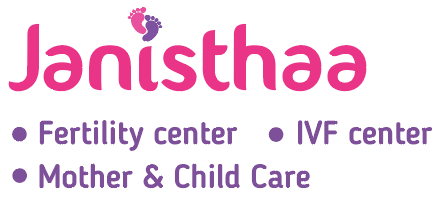In today’s world, advancements in medical science have opened up numerous possibilities for couples struggling with infertility. One such option is In Vitro Fertilization (IVF), a groundbreaking procedure that has given hope to countless couples worldwide. However, the success of IVF treatment can be influenced by various factors, and one of the key determinants is the age of the woman undergoing the procedure. In this article, we will delve into the age limit for successful IVF treatment and explore how age plays a pivotal role in the outcome of this fertility treatment.
Understanding the Basics of IVF
Before we discuss the age limit, let’s first understand the basics of IVF. In vitro fertilization is a reproductive technology where an egg is fertilized by sperm outside the body, in a laboratory setting. The fertilized embryo is then implanted in the woman’s uterus, with the hope of achieving a successful pregnancy. IVF is often recommended for couples facing issues such as blocked fallopian tubes, male infertility, endometriosis, or unexplained infertility.
The Impact of Age on IVF Success
Optimal Age Range for IVF Success
One of the most crucial factors that influence the success of IVF treatment is the age of the woman. Fertility naturally declines with age, and this has a direct impact on the chances of a successful IVF outcome. The optimal age range for IVF success is generally considered to be between 20 and 35 years.
Risks and Complications in Advanced Age
As women age, the quality and quantity of their eggs diminish. After the age of 35, fertility starts to decline more rapidly, making it increasingly challenging to achieve a successful pregnancy through IVF. This decline in fertility is primarily due to a decrease in the number of viable eggs and an increase in chromosomal abnormalities.
Special Considerations for Older Women
Women over the age of 40 face higher risks during pregnancy, including a greater likelihood of miscarriage, gestational diabetes, and high blood pressure. IVF treatment in older women can also lead to a higher rate of multiple pregnancies, which come with their own set of health concerns.
Conclusion
In conclusion, age is a critical factor when it comes to the for successful IVF treatment. While there is no strict age limit for IVF, it is evident that the chances of success decrease as women get older. It is essential for couples to consult with fertility specialists who can provide guidance based on individual circumstances.
Frequently Asked Questions (FAQs)
- What is the maximum age for IVF treatment?
- There is no strict maximum age for IVF, but success rates decline significantly after the age of 40.
- Can women over 40 still undergo IVF?
- Yes, women over 40 can undergo IVF, but it may require additional considerations and potentially the use of donor eggs.
- Is IVF the only option for older women trying to conceive?
- IVF is one option, but there are other fertility treatments and alternatives to consider, depending on individual circumstances.
- How can women improve their chances of IVF success as they age?
- Maintaining a healthy lifestyle, including a balanced diet and regular exercise, can contribute to better IVF outcomes at any age.
- Are there any age-related risks associated with IVF?
- Yes, older women may face higher risks during pregnancy and may need to be closely monitored by medical professionals.

